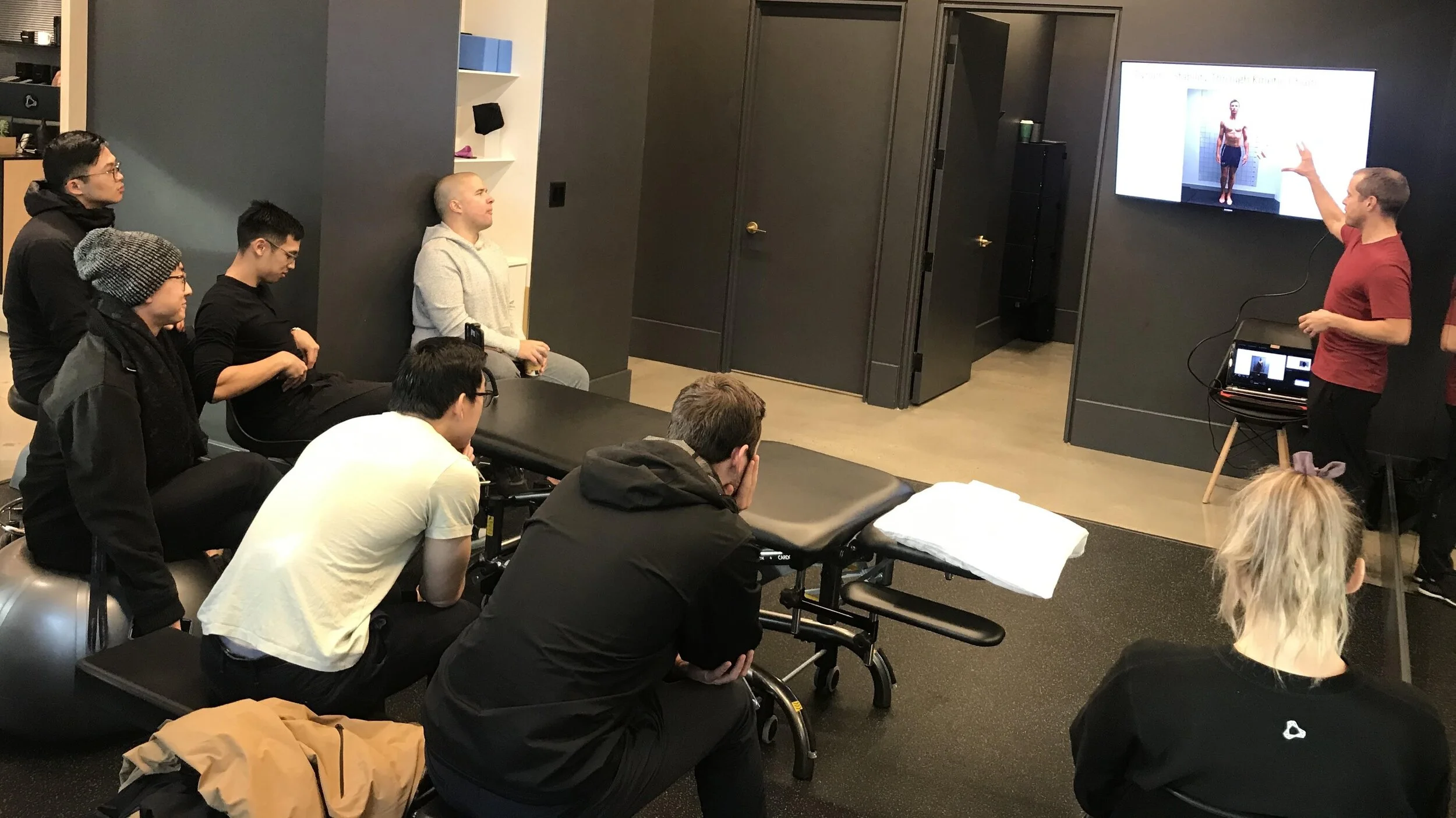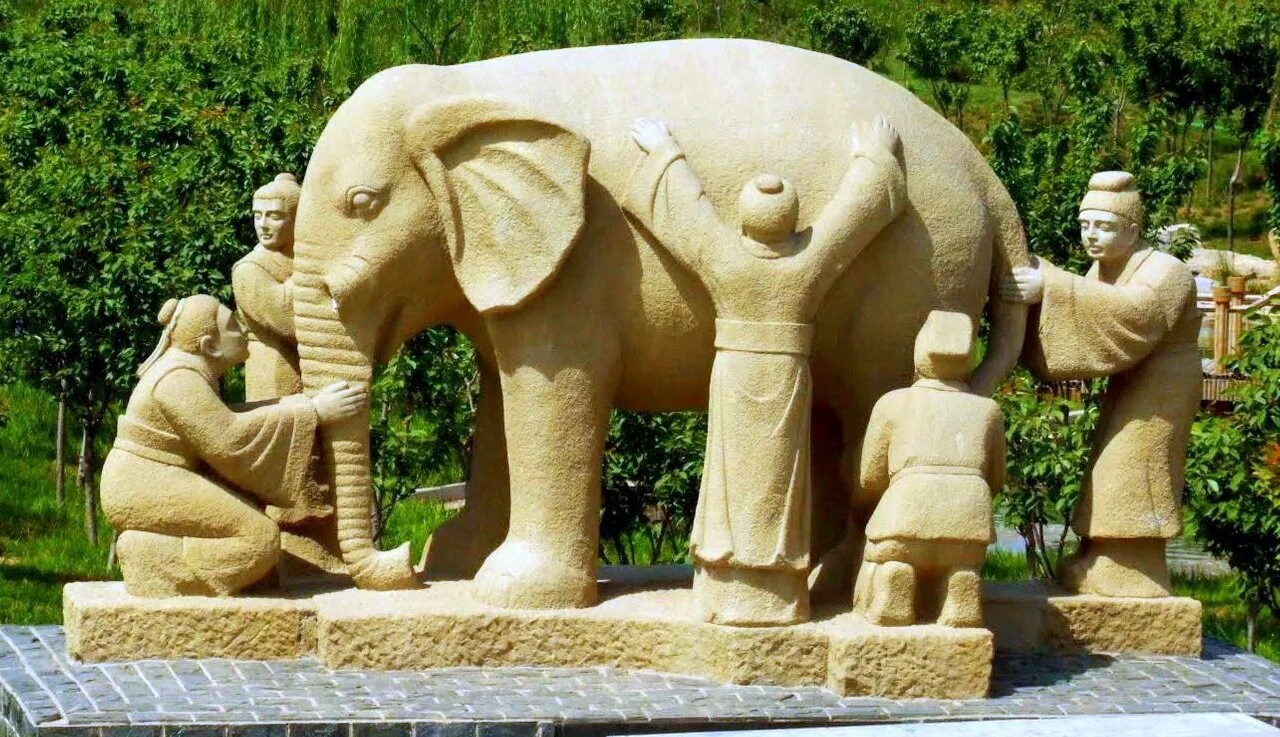Elite sport is not immune to shifts in cultural norms and conventions in wider society. The number of diversity and inclusion roles have increased 60% in the UK over the past five years, and this has started to be mirrored in sporting organisations. The governance and national sport systems for Olympic sports are government funded, so it perhaps unsurprising that these organisations might be prompted to adopt policy that is becoming the norm in other sectors. That said, professional sports have also begun to follow this trend, notably in the US. In this post we consider what diversity and inclusion means in the context of sport at elite level.
Honing Professional Judgement and Decision-Making
Coaching is characterised as a judgement and decision making process. Practitioners and indeed most professionals who work in human performance are de facto coaches of humans. As such, the quest that unites coaches in different sports and practitioners across disciplines is to develop our professional judgement and our ability to make better choices and decisions over time. There is no endpoint to this journey and so the need to continually hone our judgement and decision making applies irrespective of what stage we are might be at in our career. That said, the question of how we best develop these skills for practitioners at the start of their career versus catering for these aspects in continuing professional development thereafter will likely require different solutions.
Where Do We Draw the Line in Elite Sport?
Recent scandals, including multiple allegations and criminal cases of serious abuse, have rocked sport around the world. Arguably the most egregious example is the case of USA gymnastics, which should serve as a cautionary tale for everybody involved in sport at all levels. Against this backdrop, there has been something of an avalanche of allegations of bullying and improper conduct that are presently playing out in the public sphere. In turn, this has prompted calls for national sporting bodies to be less obsessively driven by winning medals. The perils of the ‘winning at all costs’ mentality have been cited as the reason behind the toxic environments and climate of fear that has been alleged in multiple sports, notably in the investigations that are presently ongoing within the UK. But of course winning on the world stage does come at a cost, both financial and personal. So where should we draw the line?
Continuing Our Education
As many practitioners will testify, it is after we have completed our formal education, professional training and certification that the real learning begins. The day to day experience of solving problems with live humans is when we discover the limits of our knowledge. It is also here that we find out that the reality is quite different to what is taught in class and the version that appears in (most) textbooks. Individuals, organisations and certifying bodies alike recognise this need to continue our learning once we are working in our respective field. The terms continuing education, continuing professional development and variations thereof will be familiar to most practitioners across disciplines (sadly it is not so well established in the coaching profession). What is less clear is how we might best tackle this ongoing quest and make good choices from the growing array of options with regards to content and the modes of delivery that are available to us.
Realities of 'Performance Consulting'
It is increasingly prevalent for forward-thinking individuals within various organisations to seek insights from other domains and explore novel practices that have been applied with success elsewhere. Coming in as an outsider also allows the separation and distance that is necessary to offer an objective assessment of where things currently stand. In either scenario it is becoming more widely recognised that there is merit in seeking out different perspectives. A different way of considering the problem naturally opens up new possibilities for solutions. One route to achieving this cognitive diversity is via recruitment and employing individuals different backgrounds importing expertise from overseas bring experiences from other sports. An alternative strategy as we will explore is to engage individuals in a consulting capacity.
Triangulating a Position
As the value of cognitive diversity becomes more recognised, what is striking is how slow we have been to realise the need to revise our habitual ways of consuming information and interacting with those who hold contrary views. Whilst pioneers who think different are celebrated in modern western culture, in reality we are far less amenable to entertaining disagreement and diverging ideas. In the professional and academic realm we are quick to follow an authority and align with a school of thought. The hordes are likewise quick to leap into the breach to defend the doctrine against perceived challenge or dissenting views. If anything debates in all circles are increasingly polarised, as the assembled masses flock to either one side or the other. We might appreciate cognitive diversity on a conceptual level, but on a practical level we are clearly not there yet. So what steps can we take to enjoy the benefits of cognitive diversity and open our minds to the possibilities as we form our opinions?
The Evolving Role of Coaches and Coaching Beyond Sport
The Last Dance is a very recent example that illustrates how a glimpse into elite sport at ground level has the power to enthrall so many. In particular, the world of sport and coaching holds a fascination for leaders in business and commerce. Sport serves as a metaphor for much in the business world and the language used in meeting rooms across all sectors tends to be rife with sporting references. The growing use of the terms ‘coach’ and ‘coaching’ within organisations and different professional realms seems to be the latest example of this phenomenon. Or might there be more to this development?
Battling Hubris: The Perils of Success
Ascending to the top is a major accomplishment in any domain. But it could be argued that it is here that the greatest challenge begins. A number of teams have won the championship, but only a very small fraction are able to back up this success. Something about reaching the summit makes it less likely that those individuals will repeat the feat thereafter. Aside from the added motivation for opponents eager to knock the champions off their perch, the experience of success in itself serves to undermine our efforts and reduces the odds of subsequent success. With this post we take a deep dive into the paradoxical effects of success, identify what factors what should be vigilant for, and explore some potential countermeasures to increase our odds of sustaining success.
Special Post: 'The Illogic of Being Data Driven'
In the digital era there is a great onus on being ‘data driven’ across all domains. The drive to be objective and to quantify input and output is eminently understandable. The well-worn phrase that gets thrown around is ‘how can you manage something if you don’t measure it?’. We do however need to be very careful about what metrics we use as a proxy for the thing we are attempting to evaluate. There is inevitably a separation between the measure we can objectively quantify and the complex entity that it represents. We need to be very confident about the specificity and sensitivity of the particular measure in relation to what we are seeking to evaluate, to avoid false positives (detecting something that isn’t there) and false negatives (failing to detect something that is there). On a more fundamental level, complex phenomena defy simple measurement.














